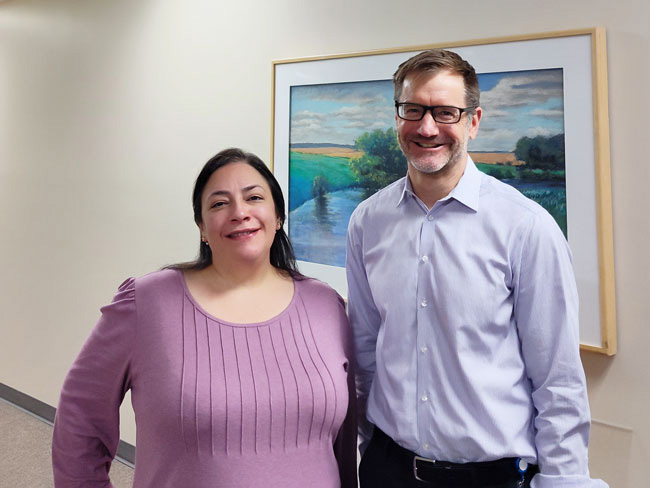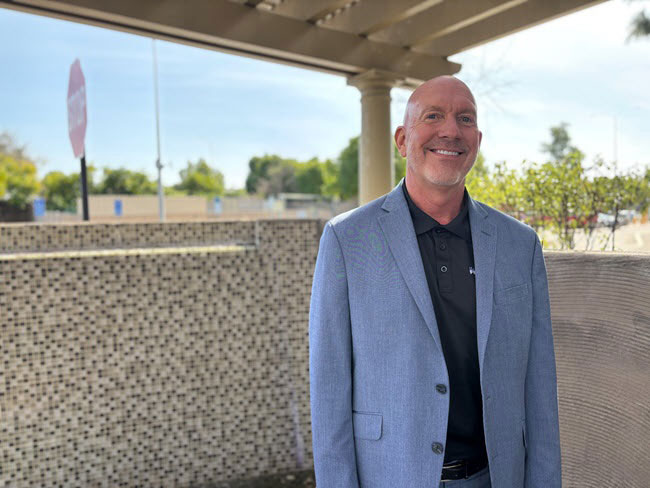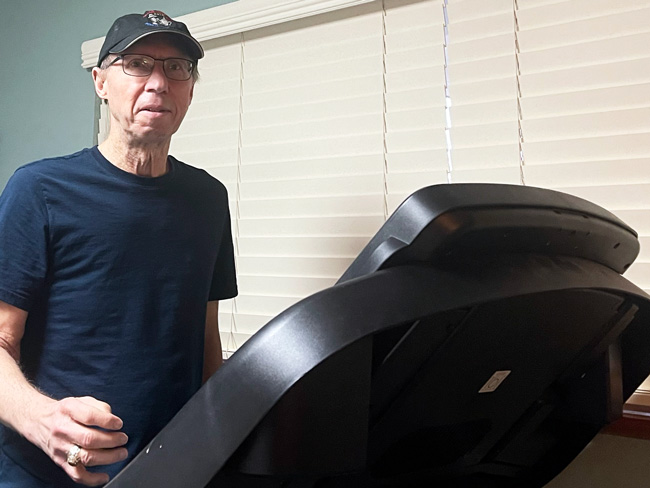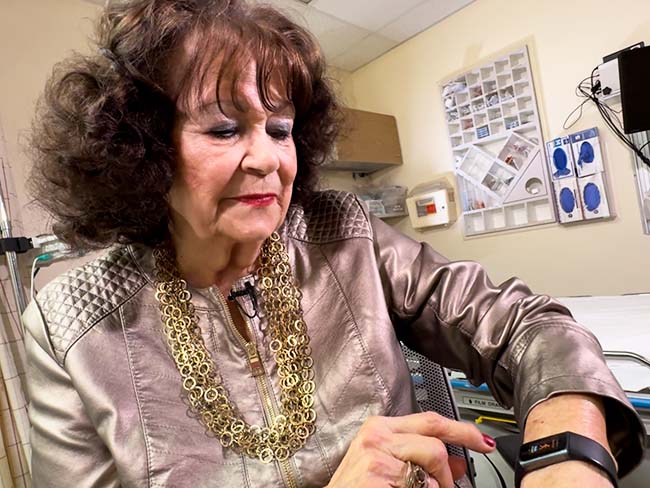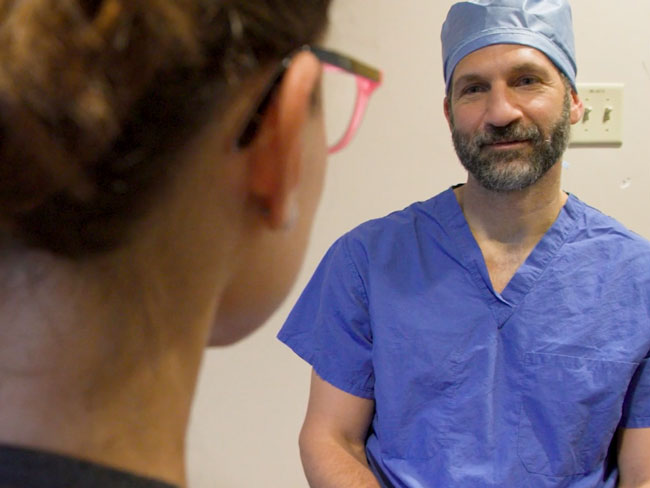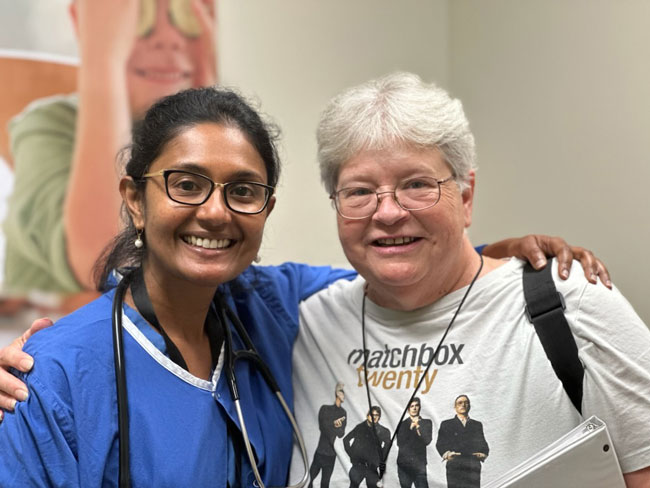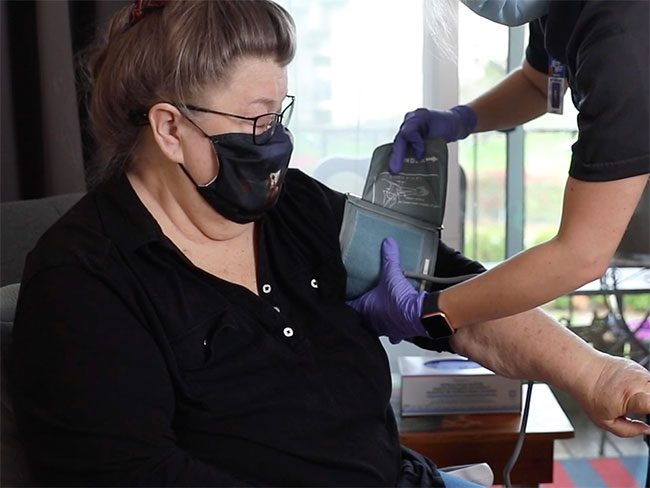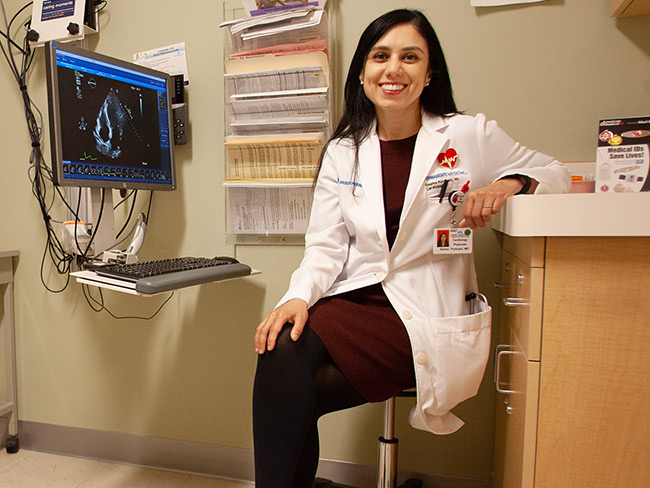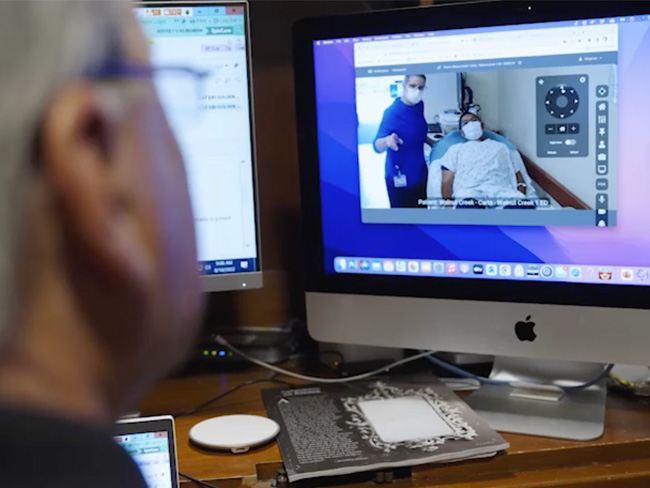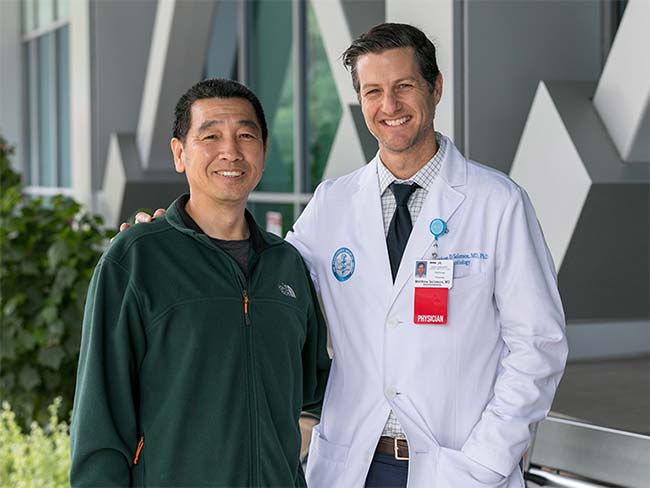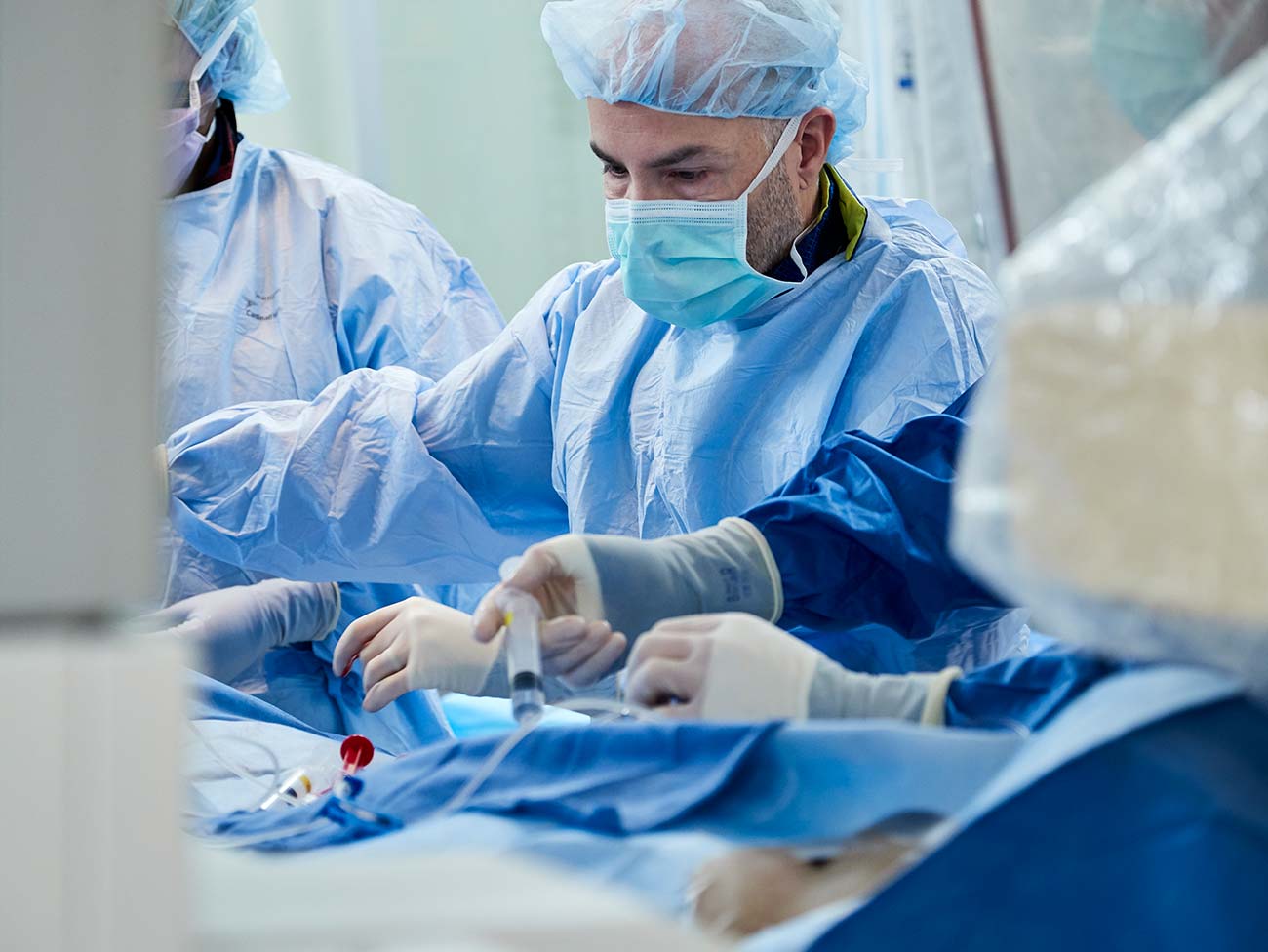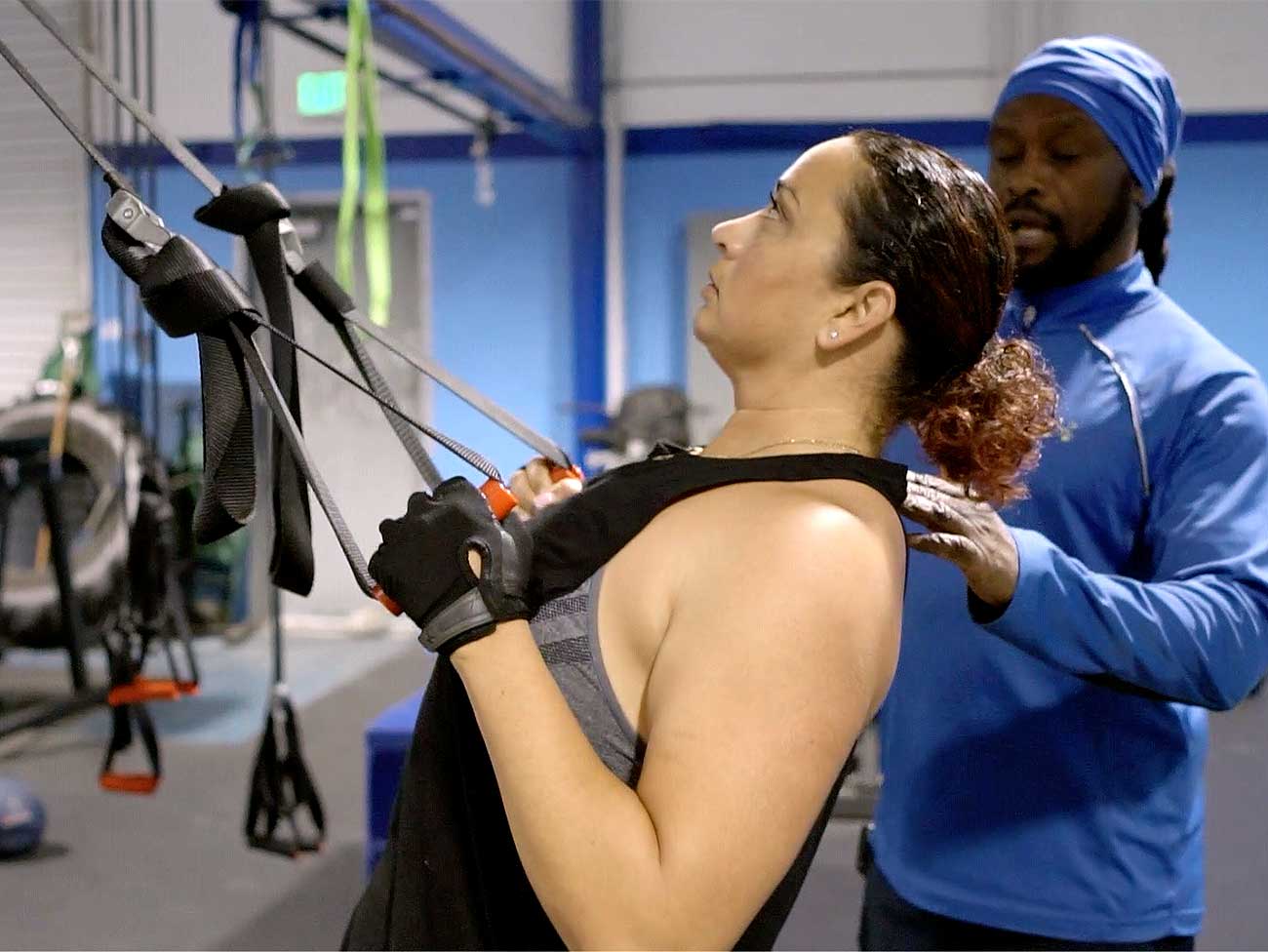Expert advice on keeping your heart healthy
Dr. Yong Shin shares how people with heart disease can live longer, while others can avoid the disease altogether.
Heart disease is the leading cause of death in both men and women, and it is on the rise — even in people younger than 50. Kaiser Permanente is addressing this growing problem using proven treatments and comprehensive care and support — and it’s working.
Since 2013, Kaiser Permanente has been ranked as having the top cardiac program in Oregon. Yong Shin, MD, chief of cardiothoracic surgery for Kaiser Permanente in Portland, Oregon, talks about how Kaiser Permanente’s unique approach to cardiac care is not only helping people with heart disease live longer, healthier lives, it’s also helping others avoid heart disease altogether.
Why do you think heart health issues are on the rise?
Several factors contribute to heart problems becoming more common among people under 50. These include ongoing conditions, such as diabetes and obesity, and a lack of physical activity. In addition, stress, delays in health care, an increase in alcohol use, and lack of sleep can all contribute to what is projected to be a 30% increase in coronary heart disease, heart failure, heart attacks, and strokes by 2060.
Why is Kaiser Permanente’s cardiac care program routinely recognized nationally for excellence?
Kaiser Permanente’s cardiac program is unique. Our cardiologists and heart surgeons use treatments that are based on scientifically validated data and innovative technology to provide proven treatments. That means they have experience treating a broad range of heart conditions and performing life-saving procedures. Our connected system allows them to share knowledge across locations and specialties, so our members can benefit from the skill and expertise of all our heart specialists.
What should people look for in their cardiac care and surgery?
Patients need a care plan that is right for their individual needs. Our surgical specialists work together to evaluate what is right for each patient — to do the right surgical procedure for each patient at the right time. Each patient benefits from a tailored group of medical specialists with decades of combined experience. Daily collaboration ensures that all providers stay on the same page, especially cardiologists and surgeons.
What can people with heart disease do to reduce their risk of a reoccurring heart problem?
Lifestyle changes such as increasing physical activity and eating a healthy diet can reduce the risk. Kaiser Permanente also has developed a home-based cardiac rehabilitation program using a smartwatch. The wearable device collects the member’s activity data and automatically uploads it to their electronic health record. Clinicians, case managers, and physical therapists use this information to track progress and engage with members accordingly.
What are some simple things that can prevent most cardiovascular diseases?
We know that healthy lifestyle changes and attentive medical care can prevent most cardiovascular diseases. Steps like increasing exercise, eating a healthy diet, tracking blood pressure, and taking appropriate medication if needed can lower your risk.
Learn more about heart health at Kaiser Permanente.
